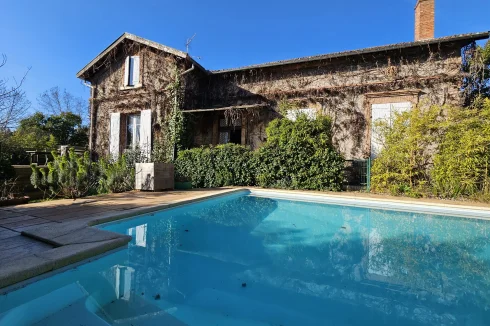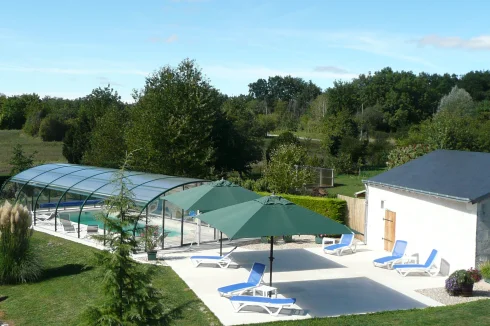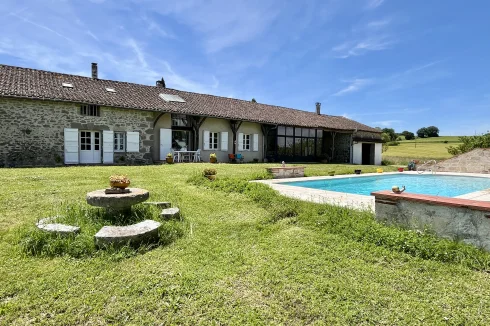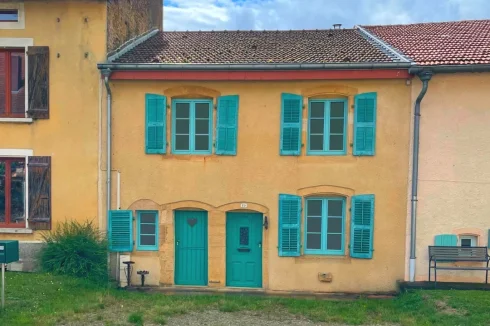The Chateau and the Wind Farm
Thursday 06 September 2018
The visibility of a wind farm is not a sufficient reason to give opponents a right to challenge the planning consent, a French court has ruled.
Wind farms are a hotly contested topic in France, as it is just about everywhere else in Europe.
Around two-thirds of all planned installations in France face a legal challenge, and courts often rule in favour of opponents, normally on grounds of protection of the environment or historically important buildings.
In a case that recently passed through the courts, owners of an important chateau in the Loire-Atlantique department of the Pays de la Loire region opposed the installation of 5 wind turbines planned by PetT Technologie, on land situated in the small village of La Chapelle Glain.
In the first hearing the local court rejected their demand, which the couple appealed successfully to the appeal court sitting in Nantes.
As a result, the case ended up with the supreme administrative court in France, the Conseil d’Etat, who overturned the decision of the lower court, ruling that the couple did not have a sufficient interest (intérêt à agir) to grant them a right to contest it.
In their ruling the court noted that the chateau was located around 2.5 kilometres from the wind farm, and that although the turbines were a height of 116 metres they could only be seen from the second floor of one facade of the property.
This is the first occasion where the Conseil d’Etat have ruled that mere visibility alone was not a sufficient ground to hold an interest to act.
In a previous ruling the court considered that opponents who would be able to see 2 turbines from their home in a «paysage agricole plat offrant une vue dégagée, à une distance d’environ 900 mètres», had a sufficient interest to act.
The notion of an 'intérêt à agir' is a fairly recent development in French planning law, having been introduced to try and cut down on the number of legal challenges to consents that were taking place.
Prior to the change in the law in 2013 petitioners had the right to challenge a planning consent irrespective of whether they lived in proximity to it.
In addition, a more recent change in the law means that there is no longer a requirement for developers to obtain specific planning consent for a wind farm.
Instead, the administrative authorisation is a single channel for potentially hazardous projects, called Installation classée pour la protection de l'environnement (ICPE), a process that still requires them to comply with planning regulations.
You can read more about the wind farm programme in France, and advice to property buyers, in an article we published in our Newsletter last year at Wind Farms in France.
We have also covered the way some local mayors put private profit before public interest in considering wind farm applications at Mayors Reap Benefit of Wind Farms.
Thank you for showing an interest in our News section.
Our News section is no longer being published although our catalogue of articles remains in place.
If you found our News useful, please have a look at France Insider, our subscription based News service with in-depth analysis, or our authoritative Guides to France.
If you require advice and assistance with the purchase of French property and moving to France, then take a look at the France Insider Property Clinic.





